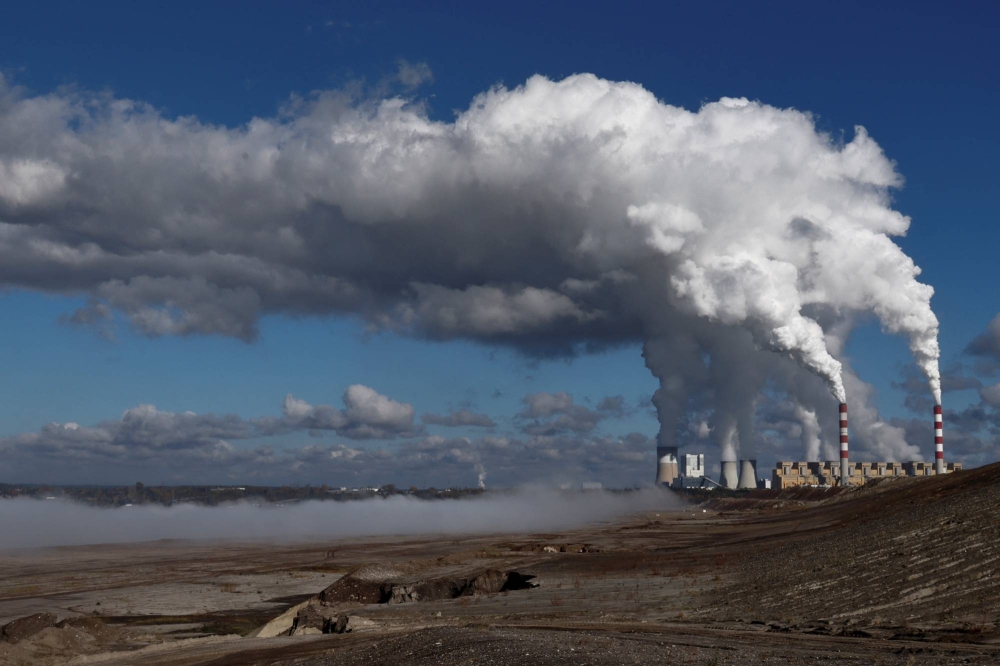Addressing climate change is imperative for the survival of our planet, yet progress in this regard has been slow. As individuals, we may feel powerless to enact significant change, but collective global action is essential to combat this crisis. The overwhelming nature of the problem can often leave us feeling despondent and unsure of how to proceed.
Enter “Slow Down: The Degrowth Manifesto,” a thought-provoking book by University of Tokyo philosophy professor Kohei Saito. Originally published in Japan in 2020 under the title “Capital in the Anthropocene,” the book offers not only an analysis of the systemic issues contributing to our current predicament but also tangible solutions for addressing them. Saito argues that the root cause of climate change lies in humanity’s relentless pursuit of economic growth at the expense of sustainability. He posits that capitalism, with its inherent drive for perpetual consumption and profit, is fundamentally incompatible with environmental preservation.
Drawing on insights from Karl Marx’s “eco-Marxist” philosophy, Saito emphasizes the need for a paradigm shift away from capitalist ideologies. Marx himself, in his later works, recognized the unsustainable nature of industrial capitalism and advocated for more communal and sustainable modes of living, inspired by Indigenous societies. Saito’s manifesto thus calls for a reevaluation of our societal priorities, with a focus on reducing consumption and redistributing wealth more equitably.
One key concept in Saito’s argument is “metabolism,” which refers to the interaction between humans and nature. He contends that capitalism distorts this relationship, exploiting both workers and the environment for profit-driven ends. In contrast, Saito proposes a vision of “eco-socialism,” characterized by democratic management of resources and a commitment to sustainability.
The COVID-19 pandemic, despite its devastating impact, provided a moment of reflection on our consumption habits and the destructive nature of unchecked capitalism. As society ground to a halt, we were forced to confront the unsustainable nature of our economic systems. This period of introspection highlighted the need for a shift towards degrowth—a concept that prioritizes well-being over endless economic expansion.
However, Saito warns against falling into the trap of the “Netherlands Fallacy,” which assumes that technological solutions alone can solve our environmental woes. He cautions against the superficial sustainability of initiatives like electric vehicles, which may alleviate one problem while exacerbating others, such as resource exploitation in the Global South.
Moreover, Saito challenges the notion that solutions to climate change can be driven solely by billionaire philanthropists or elite classes. While initiatives like the Green New Deal have merit, they must prioritize global equity and redistribution of wealth to be truly effective. Degrowth, Saito argues, demands a radical reevaluation of our lifestyles and consumption patterns, requiring sacrifices from the affluent in order to create a more sustainable future for all.
In essence, “Slow Down: The Degrowth Manifesto” offers a compelling argument for reimagining our relationship with the planet and each other. It challenges us to confront the systemic injustices perpetuated by capitalism and embrace a more equitable and sustainable vision of society.















































